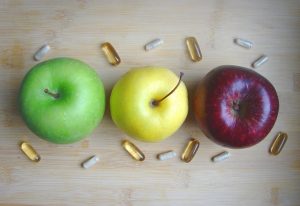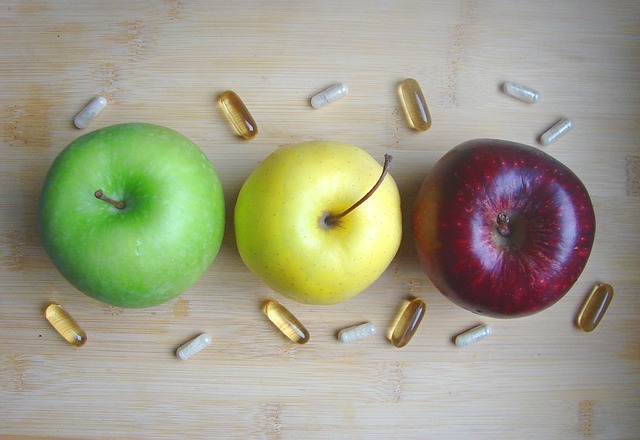
Addiction takes a lot out of a person, often leaving the body devoid of essential nutrients, even during recovery. Studies have shown that a nutrient deficiency, coupled with alcohol or drugs, can severely disrupt the body and mind’s ability to function as required. This can lead to multiple deficiencies and imbalances, malnutrition, and in extreme cases, death. The recovery process in itself is often a long, trying, and gradual process with nutrition requiring ample attention. While following a healthy diet filled with wholesome food is the most effective way to get the nutrients you need, many people choose to supplement their diet with added vitamins and minerals. Unfortunately, not all supplements are created equal and some can do more harm than they do good, making it vitally important to understand the importance of nutrition during recovery as well as how to responsibly supplement your diet if needed.
Why is nutrition so important during recovery?
Establishing a healthy eating routine is absolutely critical for people in recovery. Without the necessary fuel, the body and brain cannot work properly. Prolonged malnourishment can lead to a host of medical problems which includes, but is not limited to a compromised immune system, hair loss, muscle degeneration, tooth decay, and cardiac irregularities. Another potentially harrowing side effect of undernourishment is depression which, if untreated, can cause severe setbacks in the recovery process. In order for an individual battling addiction to have the best possible chance at recovery, it is important that any nutritional shortfalls are addressed as soon as possible.
Are supplements really necessary?
As mentioned, nutritional deficiencies are common in recovering addicts. Some of the most prevalent shortages, particularly among alcoholics, include Vitamin B-complex, Vitamin C, calcium, zinc, and magnesium. Eating nutrient-dense food may not always be enough in treating certain deficiencies, in which case a medical practitioner (or the individual self) may feel that a supplement can be beneficial. Supplements may be especially useful in cases where an individual in recovery has not quite yet regained a healthy appetite and is therefore not getting sufficient nutrients during mealtimes. If special care is taken to only use reputable, toxin-free supplements they can undoubtedly be a great addition to a diet. When choosing a supplement make the effort to conduct some research and only settle for natural supplements free of harmful ingredients.
Best ways to boost your nutritional intake
Following a nutrient-dense diet filled with complex carbs, lean protein, healthy fats, and plenty fruit & vegetables is the easiest and most effective way to boost your nutritional intake. If your appetite is letting you down, aim to eat smaller portions multiple times a day instead of 3 big meals. Smoothies, soups, bone broth, and shakes are a great way to get your daily dose of fruit and veg while also supplying your body with a host of vital nutrients. Supplements that are deemed safe to use and that are filled with beneficial compounds such as vitamins, Omega-3 fatty acids, L-Carnetine, Magnesium, and Zinc can also help boost the recovery process significantly while facilitating physical and mental health.
The road to full recovery is not an easy one but it is one of the most important ones you will travel on in your lifetime. By following a healthy diet and making use of careful supplementation you can provide your body and mind with all the fuel it needs to help you heal completely.



3 Comments
I completely agree. Very great article, thank you
Yes. This is very accurate. Thank you for sharing.
Thank you for taking the time to write this article! The information is helpful to incorporate at any stage of recovery. I would like to print it and give it out to people! Do I have your permission?